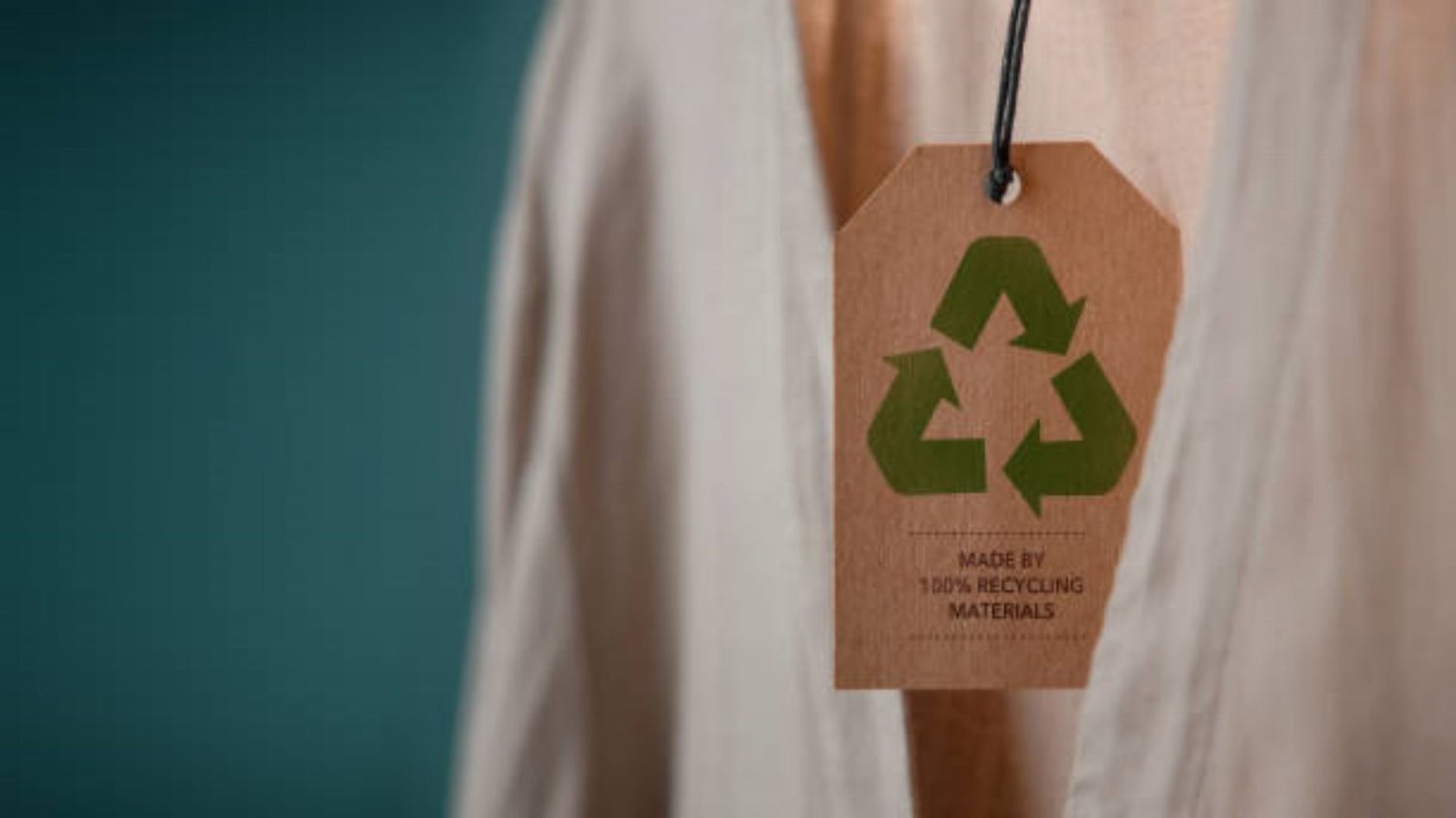The Importance of Sustainable Fabrics
Sustainable fabrics have gained significant attention in recent years due to the growing concern for the environment and the need for more responsible consumer choices. In this article, we will explore the various aspects of sustainable fabrics, including their benefits, types, and their impact on the fashion industry and the planet as a whole.
Understanding Sustainable Fabrics
Sustainable fabrics, also known as eco-friendly or green fabrics, are materials that are produced using methods that have a minimal impact on the environment. These fabrics are made from renewable resources, reduce waste and pollution, and promote fair labor practices throughout the supply chain.
The Benefits of Choosing Sustainable Fabrics
Opting for sustainable fabrics offers numerous benefits both to the consumers and the planet. Firstly, sustainable fabrics are often made from organic or recycled materials, which means they are free from harmful chemicals and toxins that can harm our health. Additionally, sustainable fabrics are typically more durable and long-lasting, reducing the need for frequent replacements and ultimately saving money in the long run.
Types of Sustainable Fabrics
There is a wide range of sustainable fabrics available in the market today. Some popular options include:
- Organic Cotton: Grown without the use of synthetic pesticides and fertilizers, organic cotton is one of the most widely used sustainable fabrics.
- Bamboo: Bamboo fabric is made from the pulp of bamboo grass, which is a highly renewable resource. It is known for its softness and breathability.
- Hemp: Hemp fabric is derived from the fibers of the cannabis plant. It is known for its strength, durability, and ability to grow without the need for pesticides.
- Recycled Polyester: This fabric is made from recycled plastic bottles and other post-consumer waste, reducing the demand for virgin polyester and minimizing plastic waste.
- Tencel/Lyocell: Tencel is a brand of lyocell fabric that is made from the wood pulp of sustainably harvested trees. It is known for its softness and biodegradability.
The Environmental Impact of Sustainable Fabrics
Choosing sustainable fabrics can significantly reduce the environmental impact of the fashion industry. Traditional textile production involves the use of harmful chemicals, excessive water consumption, and contributes to pollution and waste. Sustainable fabrics, on the other hand, promote eco-friendly practices such as organic farming, water conservation, and responsible waste management.
Sustainable Fabrics and the Fashion Industry
The fashion industry is one of the largest contributors to environmental pollution and waste. By embracing sustainable fabrics, fashion brands can reduce their carbon footprint and promote a more sustainable future. Many renowned fashion brands have already adopted sustainable practices and incorporated sustainable fabrics into their collections, leading the way for a greener fashion industry.
How to Identify Sustainable Fabrics
Identifying sustainable fabrics can be a challenging task, as greenwashing and false claims are prevalent in the market. To ensure you are purchasing truly sustainable fabrics, look for certifications such as GOTS (Global Organic Textile Standard) or Oeko-Tex Standard 100, which guarantee the environmental and social sustainability of the fabrics.
The Role of Consumers in Promoting Sustainable Fabrics
As consumers, we hold the power to drive change in the fashion industry. By making conscious choices and supporting brands that prioritize sustainable fabrics, we can encourage more widespread adoption of eco-friendly practices. Educating ourselves about sustainable fabrics and spreading awareness among our peers can also contribute to the growth of a more sustainable and responsible fashion industry.
The Future of Sustainable Fabrics
The future of sustainable fabrics looks promising. With increasing consumer demand for environmentally friendly products, the fashion industry is under pressure to adopt more sustainable practices. Innovations in technology and research are also paving the way for the development of new and improved sustainable fabrics, offering even more choices for conscious consumers.

